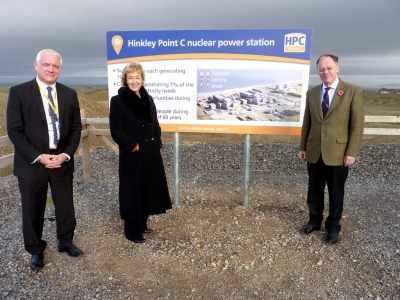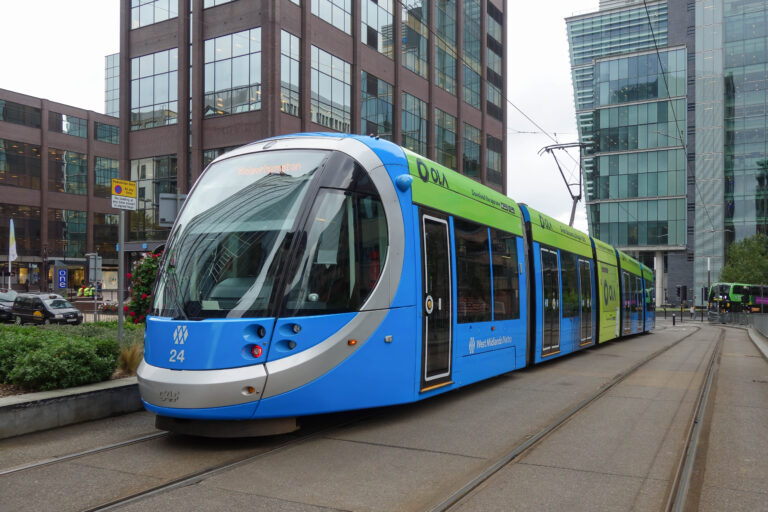Combining geopolitics, national security, technological innovation and huge public subsidy, the debate around the UK’s decision to build the Hinkley Point C nuclear power station has certainly captured the imagination – but the really interesting developments in the energy sector are taking place on a much smaller scale.
Last week, after years of debate, the UK Government finally moved forward with the controversial decision to build a new nuclear power station on the Hinkley site in Somerset.
Despite having announced a review into the deal weeks earlier, and despite widespread opposition to the programme from the British media on the grounds of cost and national security, it seems Theresa May has concluded that the risk to the UK from pulling out of the deal – putting key Chinese and French noses out of joint – was simply too high.
Many will argue that Britain has overpaid. At a time when government has been uprooting subsidies for renewable energy on the grounds of reducing the cost for the taxpayer, it has locked in 25 years of payouts to the French firm EDF at a price that is already twice wholesale electricity costs, with the subsidy element likely to rise significantly as continued innovation in the energy sector sends wholesale prices falling.
Certainly the deal has thrown into sharp focus the perils of protracted negotiations and slow moving infrastructure behemoths, especially in the context of an energy sector that is increasingly nimble, innovative and exciting.
Indeed, this is the real story. From battery storage to demand-side response, heat recovery to tidal, the energy sector is experiencing a revolution. And, just as newer technologies come to maturation, so costs for more established technologies such as solar and wind are tumbling.
Within nuclear itself, a new generation of smaller and more flexible reactors are on the horizon, some of which promise such exciting capabilities as load-following (the adjustment of output to match demand throughout the day) and the consumption of spent nuclear waste.
Hinkley can be seen as the beginning of a new era in British energy politics – marking Theresa May’s first foray into decision-making in this area, and relaunching the British nuclear industry, with further investment forthcoming.
Yet recognition that the future for energy generation is smaller and more decentralised should permeate the outlook of the new Department for Business, Energy and Industrial Strategy, as it looks to meet and embrace the significant challenges and huge opportunities of this vital sector.





